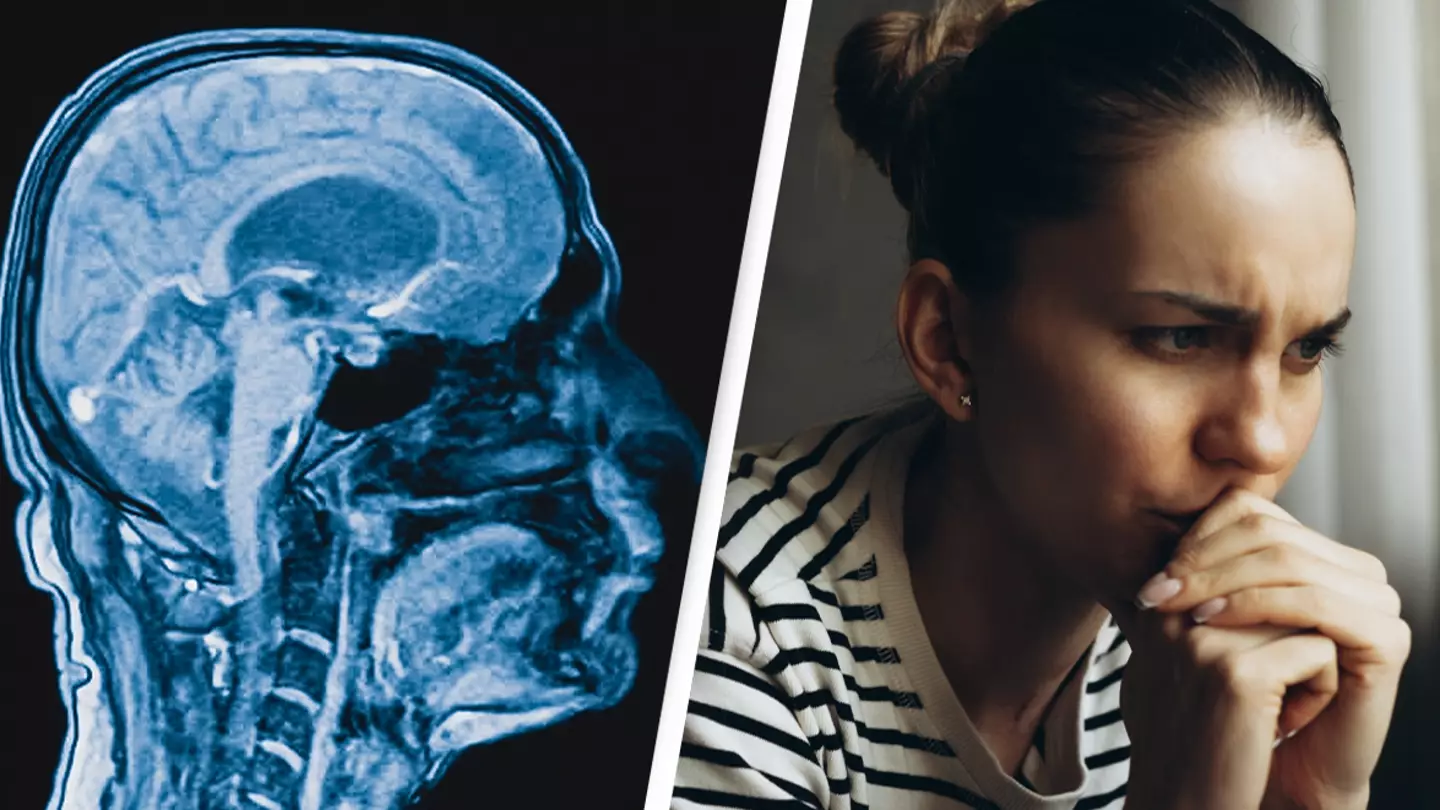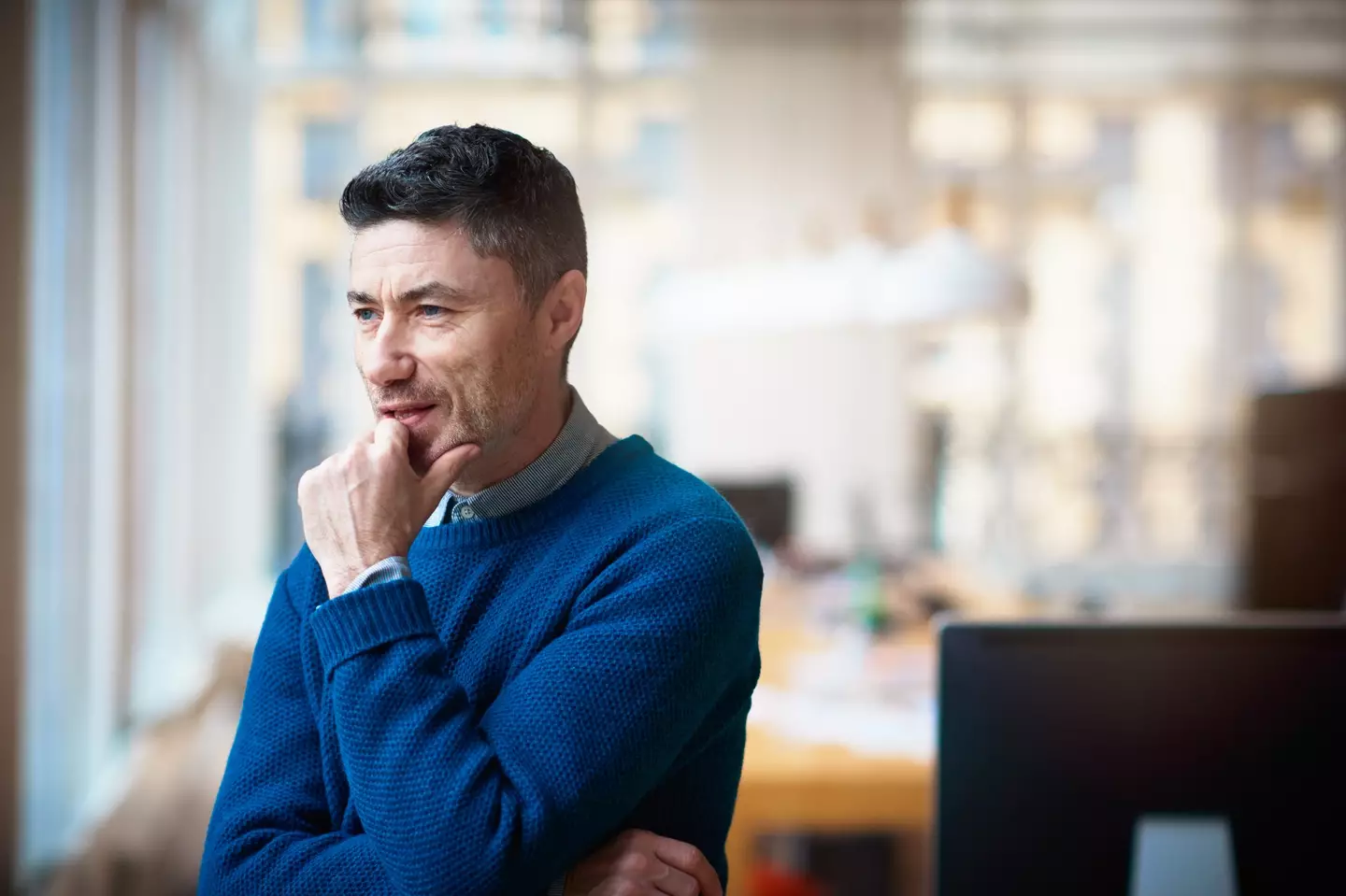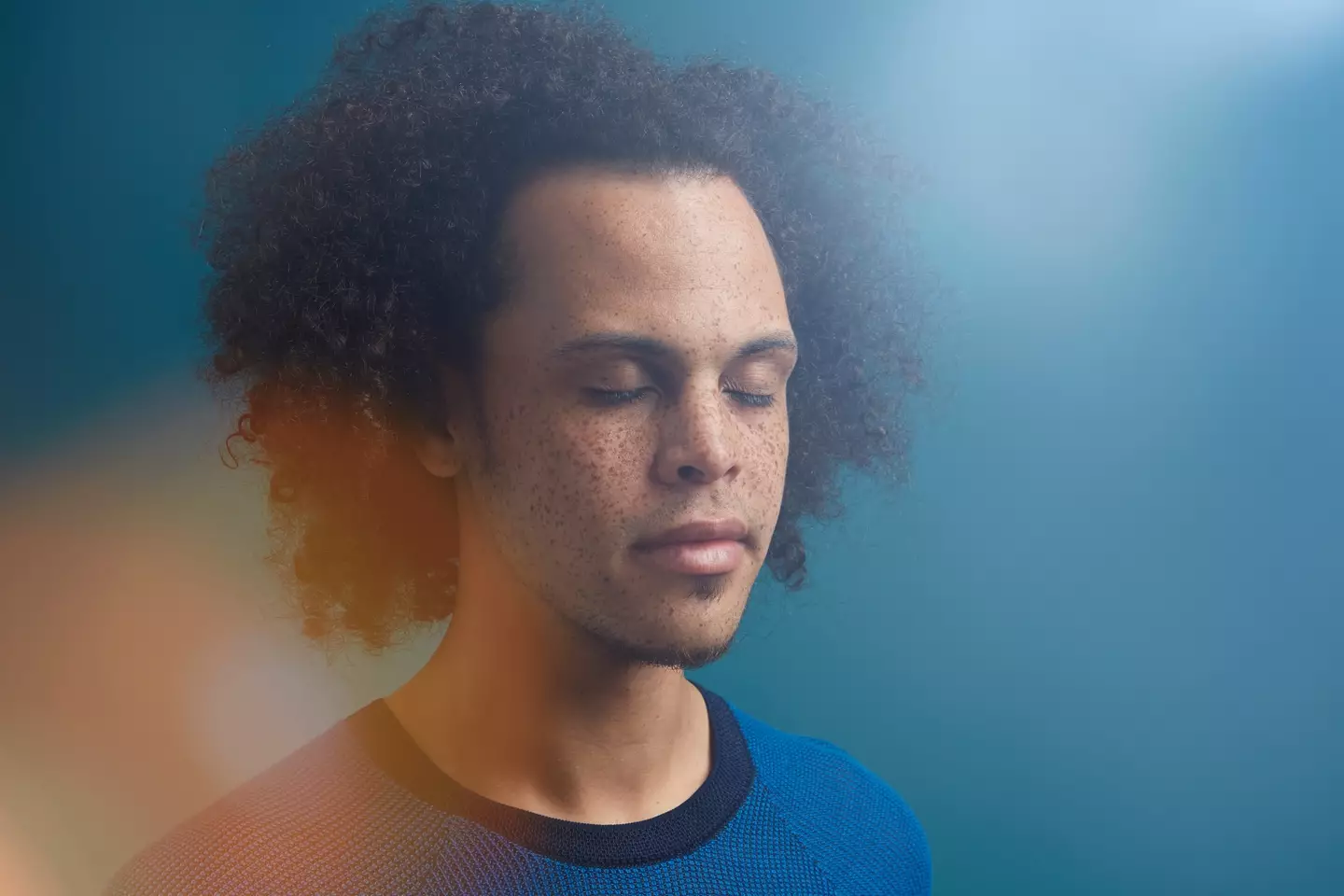
The majority of us have gone through the experience of a new situation feeling all too familiar.
To be honest it can be pretty frustrating not being able to recall something you think has occurred.
This is commonly known as déjà vu - a French term that translates to 'already seen' in English.
Advert
Sanam Hafeez, PsyD, a licensed clinical psychologist and neuropsychologist told Fox News Digital: "It refers to the eerie and distinct feeling that one has already experienced the current situation or event, even though it’s a new and unfamiliar occurrence.
"It feels like a powerful wave of familiarity with the present moment as if the person is re-living a past experience."
Unfortunately, the exact cause of déjà vu remains a mystery, however several theories have been explored to potentially explain the curious phenomenon.

Advert
Explaining the first theory, Dr Hafeez said: "Some suggest it may be linked to how memories are processed in the brain, potentially involving delays or errors in memory retrievals."
The psychologist added that déjà vu may result from the brain processing information through multiple pathways simultaneously.
According to Dr Hafeez, another theory involves the idea of memories stored in a complex, interconnected manner in the brain - which is perhaps the most intriguing theory out of the lot.
"Regardless of the precise mechanism, déjà vu is a transient and common experience that lasts only briefly, affecting people of all ages and not considered a pathological condition," said Dr. Hafeez.
Advert
"While it remains a puzzle, déjà vu continues to be a fascinating facet of human consciousness."
Typically, those who experience déjà vu are said to be in good health, with some 60 to 70 percent of those people experiencing it at some point in their lifetime, according to WebMD.

WebMD adds: "A familiar sight or sound can trigger the feeling. You may walk into a room in a building you’ve never visited yet feel like you know it intimately."
Advert
As for the age you are more likely to experience déjà vu, Health.com states it is most likely to happen to people between the ages of 15 and 25.
Dr Hafeez reiterated that déjà vu is not due to having any health condition, adding the phenomenon can vary in individuals.
"It is also important to note that déjà vu is not associated with any particular medical or psychological condition. It is usually a brief and transient experience and is considered a normal aspect of human perception and memory," she said.
